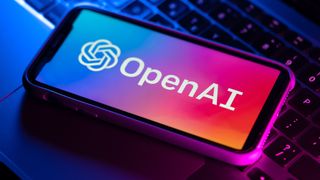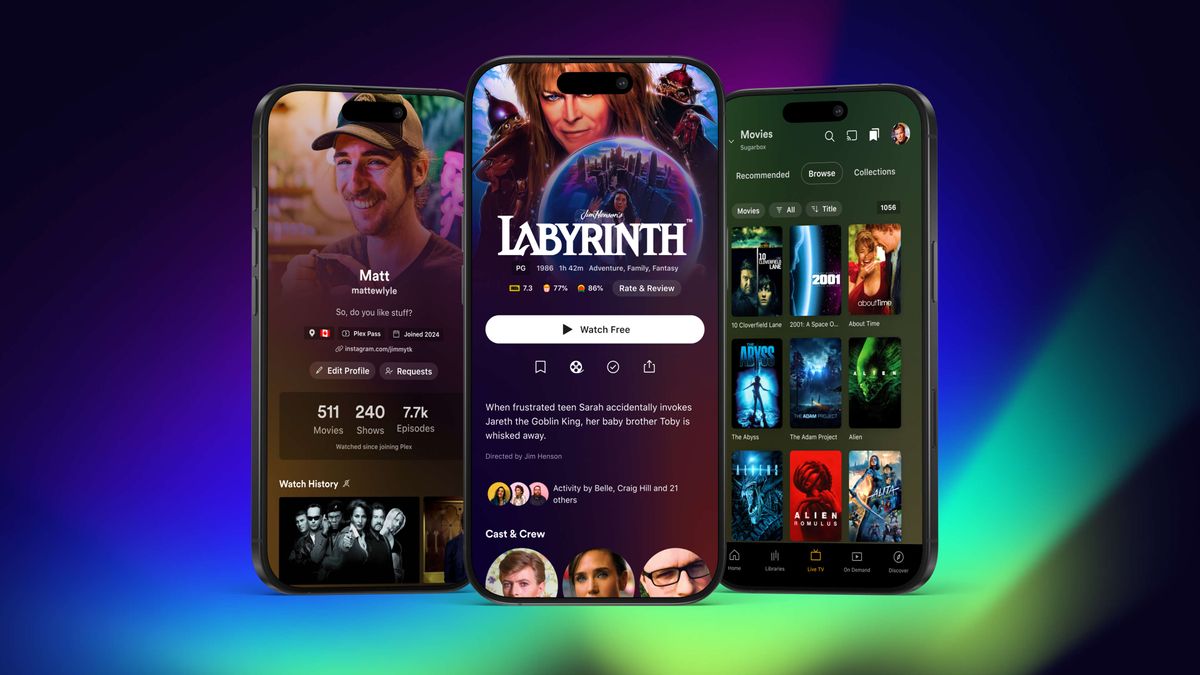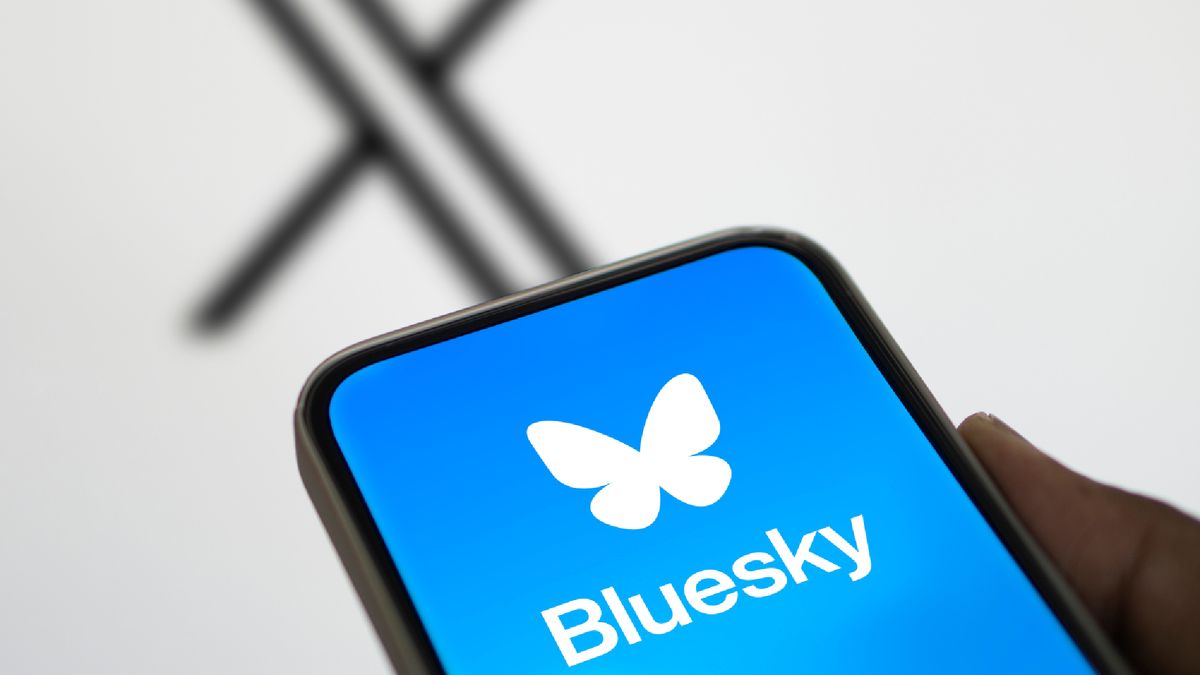OpenAI is set to debut groundbreaking AI codenamed "Operator" in January 2025. Bloomberg's Shirin Ghaffary and Rachel Metz reported today that computer-using agents will be capable of performing tasks independently on behalf of human users.
These agents could revolutionize productivity by tackling everything from writing complex code to booking your next flight. According to the report, this innovation represents the next chapter in AI's evolution as we move beyond the conversational tools of ChatGPT and towards systems that take actionable steps.
Understanding computer-using AI agents
Computer-using agents are autonomous AI systems designed to execute tasks with minimal human intervention. Unlike traditional AI models, which rely on specific user prompts, these agents operate more like personal assistants, handling multi-step processes without humans overseeing the tasks.
For example, instead of simply helping a user research travel destinations, these agents could actually book flights, hotels and even transportation based on the user's known preferences.
The new OpenAI's agents aim to make these capabilities seamless, integrating with existing tools and workflows to simplify complex tasks. This innovation aligns with a broader trend among AI developers, with companies like Anthropic and Google also venturing into automation.
Anthropic's October update, for instance, introduced tools that automate website creation and spreadsheet editing. This demonstrates the potential for AI to handle complex, labor-intensive tasks autonomously. Google, meanwhile, has been investing heavily in Gemini, its next-generation AI platform, with plans to incorporate similar automation tools as early as early as December.
The future of AI agents
The move toward computer-using agents comes as leading AI researchers explore ways to extend the usefulness of their technologies. The best chatbots have become abundant, but their practical applications remain limited by their inability to perform actions directly.
As the competition heats up, 2025 might be remembered as the year that AI became not just a tool for answering questions or creating images — but a partner in action.
By enabling AI to finally take action — be it drafting an email and sending it or managing an entire workflow — OpenAI hopes to stay ahead of their competitors while redefining expectations in the field.
OpenAI is not alone in this race. Anthropic's recent advancements and Google's rumored capabilities highlight the intense competition in developing action-oriented AI. In addition, a future update to Apple Intelligence will enable to voice control apps and do more tasks on your behalf. These tools are poised to not only improve efficiency but also open up new markets for AI products.
All of these developments suggest that the AI industry is shifting focus towards automation. As conversational chatbot improvements plateau, the next frontier could mean enhancing real-world utility.
Potential trade-offs
OpenAI's computer-using agents could significantly improve personal productivity. Users could assign their most mundane and time-consuming tasks such as scheduling meetings or managing finances.
Despite the excitement, challenges remain. Ensuring data security, preventing misuse, and maintaining transparency will be critical for user trust. OpenAI has reportedly been conducting rigorous internal testing to address these concerns, though the company has not yet publicly commented on the upcoming launch.
The launch of OpenAI's agents could mark a pivotal moment in AI's trajectory. By transitioning from passive tools to active problem-solvers, AI could transform how we work, manage time and interact with technology.
As the competition heats up, 2025 might be remembered as the year that AI became not just a tool for thought — but a partner in action.
More from Tom's Guide
- Microsoft unveils Magentic-One — an AI agent that can browse the web
- I tested ChatGPT Search vs Google with 7 prompts — here’s the winner
- I put Vidu 1.5 to the test — a new major player in the AI video space





















 English (US) ·
English (US) ·